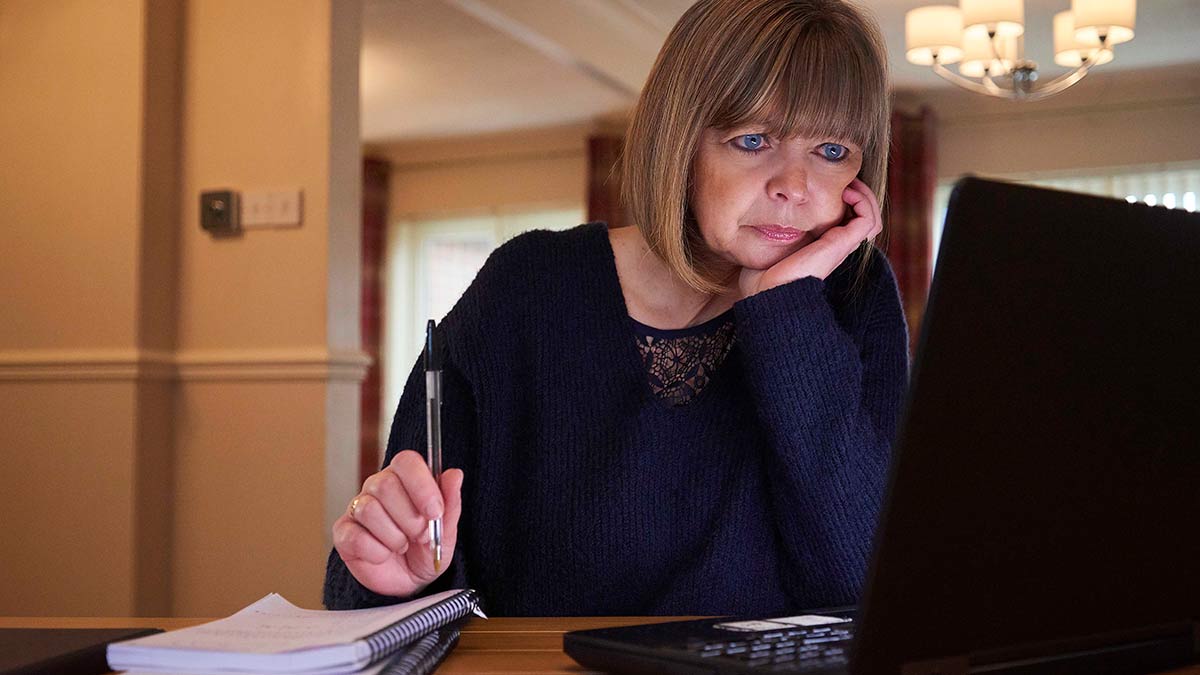Good eyesight is essential for safe driving, especially at night and in challenging conditions. Here’s what you need to know about vision when it comes to driving.
How to deal with losing your job

Losing a job is one of life’s most stressful experiences. Here’s how to stay positive.
The signs of Australia’s post-COVID economic recovery are looking good – shops, restaurants, bars and netball courts are buzzing again, and even the MCG is as good as full.
But with the end of JobKeeper in late March, government experts fear that more than 100,000 people could face losing their jobs.
Losing a job is one of life’s most stressful experiences, not just due to worries about financial security and how to pay the rent, but also because of a sense of loss of identity and self-esteem. “Jobs are more than just a pay packet, it’s a very big part of people’s identity,” says Melbourne-based psychologist Betty Chetcuti, a board member for the Australian Association of Psychologists. “When someone loses a job they can feel ‘what do I do now?’ ”
Betty says job loss and fear of losing a job are a common theme in discussions with clients, particularly leading up to and following the end of JobKeeper. “JobKeeper gave people a certain level of security, so the loss of it is really distressing,” she says.
At Lifeline Australia, head of crisis services and quality Rachel Bowes says the end of JobKeeper has contributed to current demand of more than 30,000 calls a day, along with COVID-related issues and other life circumstances.
But while finding yourself out of work can produce all sorts of strong emotions, Betty says there are strategies you can use to manage the stress and stay mentally healthy.
Nine strategies for staying positive after losing your job
If you or someone you know needs support, call Lifeline on 13 11 14. Lifeline’s video counselling services are available at no charge and no GP referral is required.




